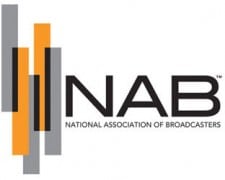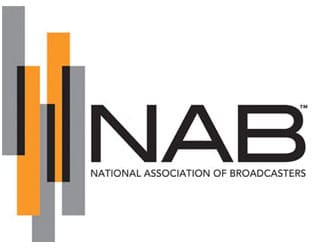 The National Association of Broadcasters expressed its approval of the latest draft of STAVRA. Meanwhile, cable advocacy ATVA also expressed its approval.
The National Association of Broadcasters expressed its approval of the latest draft of STAVRA. Meanwhile, cable advocacy ATVA also expressed its approval.
NAB’s Gordon Smith said, “NAB sincerely appreciates the efforts of the Senate Commerce Committee leaders and staff to negotiate a bipartisan bill to reauthorize STELA, called STAVRA (Satellite Television Access and Viewer Rights Act). Though we continue to have some concerns, we applaud the changes made in this package that represent significant improvements for local broadcasting that NAB is pleased to see included.”
ATVA no doubt approves of the portions of the bill about which the NAB still has concerns. It said in a statement, “STAVRA will not only extend satellite companies’ ability to import distant signal for five more years, it will help curb skyrocketing blackouts and retrans fees by prohibiting joint retransmission consent negotiations, asking the FCC to reexamine its good faith negotiation rules and instructing the FCC to report retrans data as part of cable pricing reports.”
RBR-TVBR observation: Broadcasters deserve a balanced approach. If broadcast fees are to be published, than so too should the price people pay for cable channels. Fair is fair.
By the way, a just released report from EY says that the media and entertainment industry as a whole is going to post excellent profit margins this year, and leading the way will be the poor little cable giants who claim to be so abused by small local broadcast stations. Sometimes – GASP – a cable giant must deal with TWO stations. OMG!
Meanwhile, these same cable companies are building their profit margin in part – and we urge you to appreciate the incredible irony here – by jacking up their affiliate, licensing and syndication fees. That’s what EY is reporting.
So we have a media sector that A) is not hurting; and B) wants to prevent broadcasters from raising fees, all while it is busy raising fees.
Beautiful.
We would challenge cable companies to build a studio, hire reporters, editors, producers, directors, writers and stagehands and go ahead and produce local news in each of their markets, but we know it won’t happen – it costs money. And they haven’t even figured out to keep an appointment with a customer, much less keep a daily news deadline humming.
Until the proverbial snowball survives a visit to the fiery underworld and cable commits to local news and information in all of its markets, broadcast deserves the upper hand in each and every regulatory dispute.





